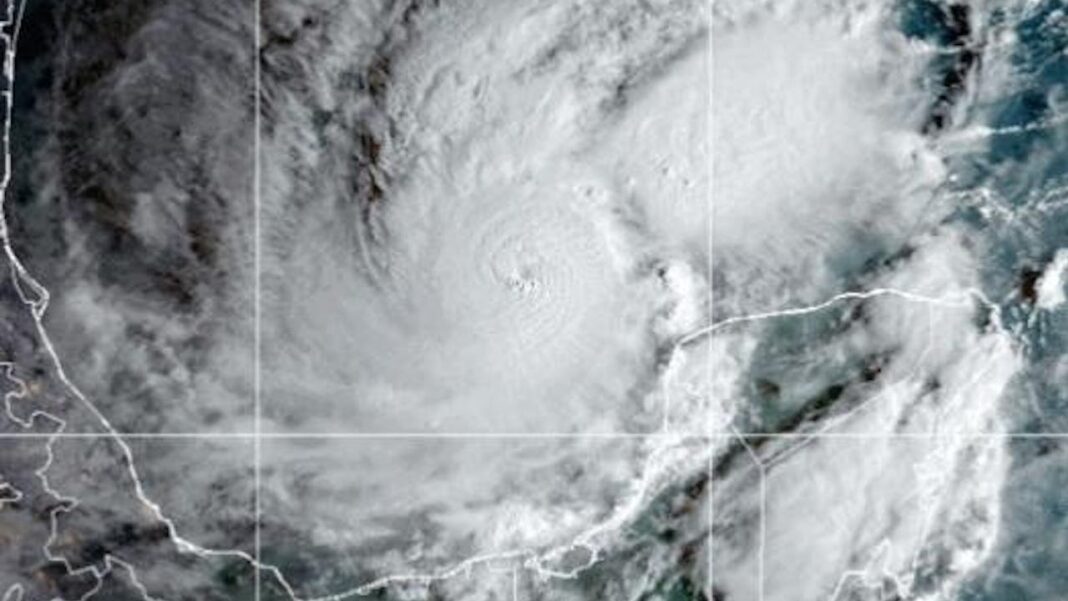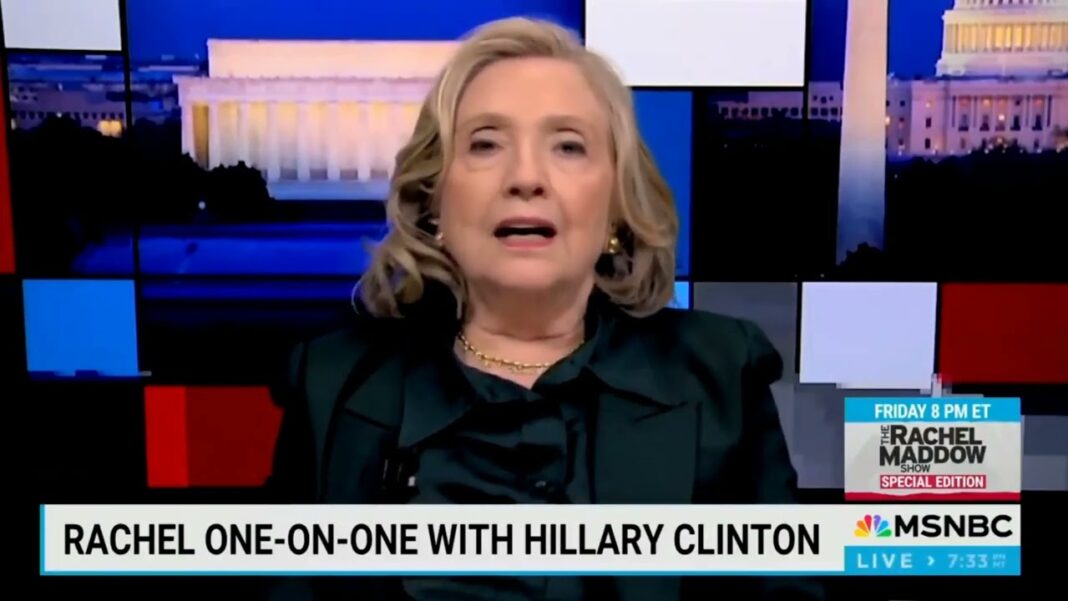The 76-minute documentary, follows the haunting search of two families for their missing loved ones in China.
On Oct. 3, dozens gathered at Lewes Public Library in Lewes, Delaware, for the screening of “State Organs,” a documentary exposing one of the darkest human rights abuses of our time—forced organ harvesting in China.
The screening, hosted by Ending Forced Organ Harvesting Rotary Satellite Club of CAAHT (EFOH.org) and co-sponsored by advocacy groups including Doctors Against Forced Organ Harvesting (DAFOH.org), Delaware Medical Freedom Alliance (DelawareMFA.org), and Greater Philadelphia Falun Dafa Association (GPFDA.org), also featured a panel discussion with experts and Cheng Peiming, the first known survivor of forced organ harvesting.
The 76-minute documentary, produced by Peabody Award-winner Raymond Zhang and scored by Emmy Award-winning composer Daryl Bennett, follows the haunting search of two families for their missing loved ones in China, revealing evidence of state-sanctioned forced organ harvesting.
Audience members were visibly moved, many expressing both shock and anger at the chilling reality portrayed in the film.
For those in attendance, the message was clear: people should stand against these atrocities and support legislative efforts like the Falun Gong Protection Act to ensure justice for the millions of victims who cannot speak for themselves.
A central figure in the discussion was Cheng, whose harrowing escape from China after being subjected to organ harvesting gripped the audience.
Imprisoned for his belief in Falun Gong, a spiritual practice persecuted by the Chinese Communist Party, Cheng was forced to endure the removal of parts of his liver and lung while in a Chinese prison. Speaking through a translator, Cheng described his ordeal in graphic detail, recounting the excruciating pain and his miraculous escape.
“When I realized what was happening, I knew I had to escape, or I would be killed for my organs,” Cheng said.
His testimony shocked many, particularly when he spoke of the countless others who were not as fortunate.
“Millions are still suffering,” he said. “I stand here today not just for myself, but for all the victims who cannot speak.”
By Frank Liang and Lily Sun






